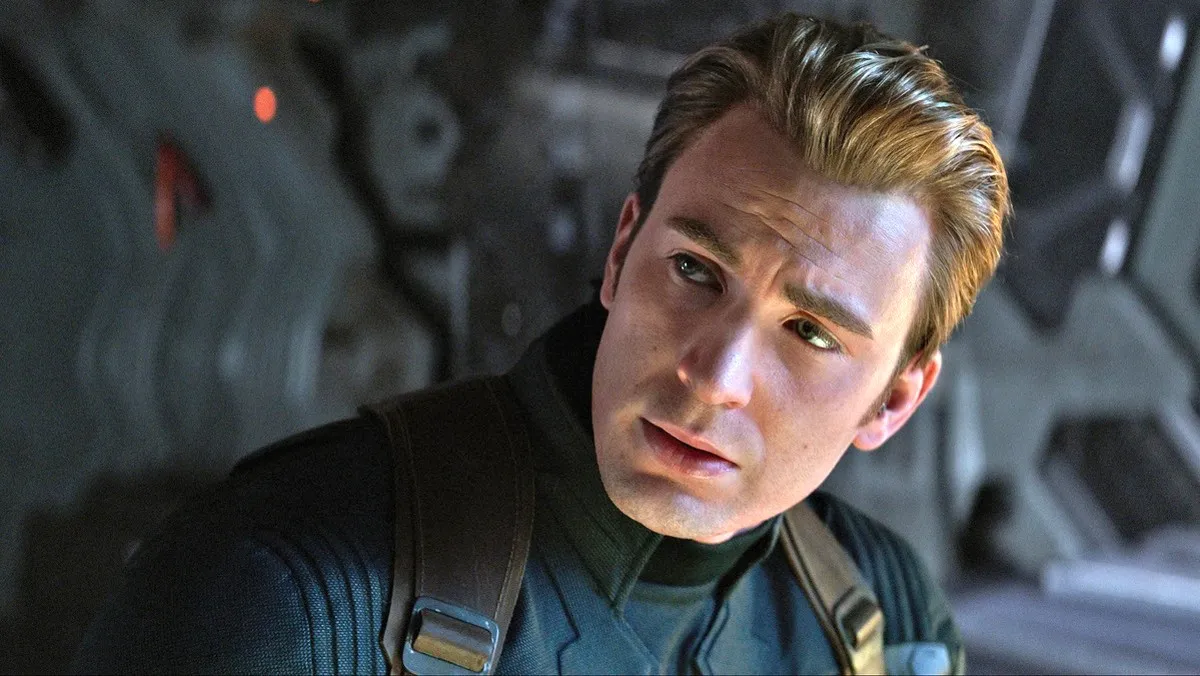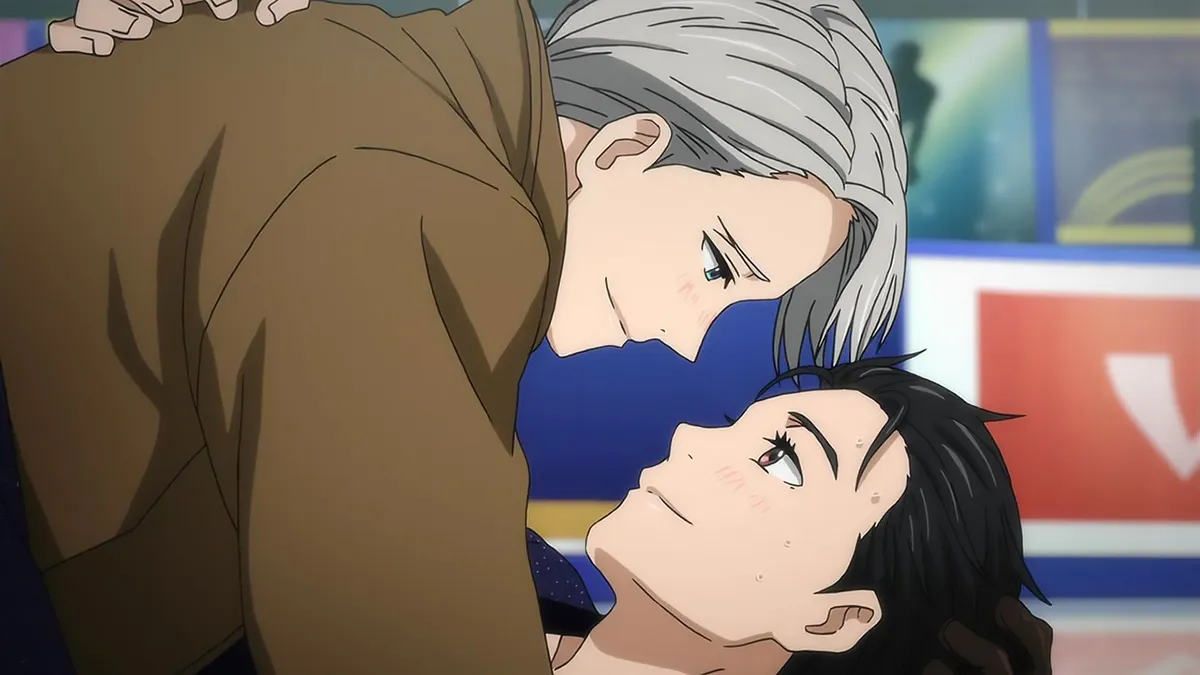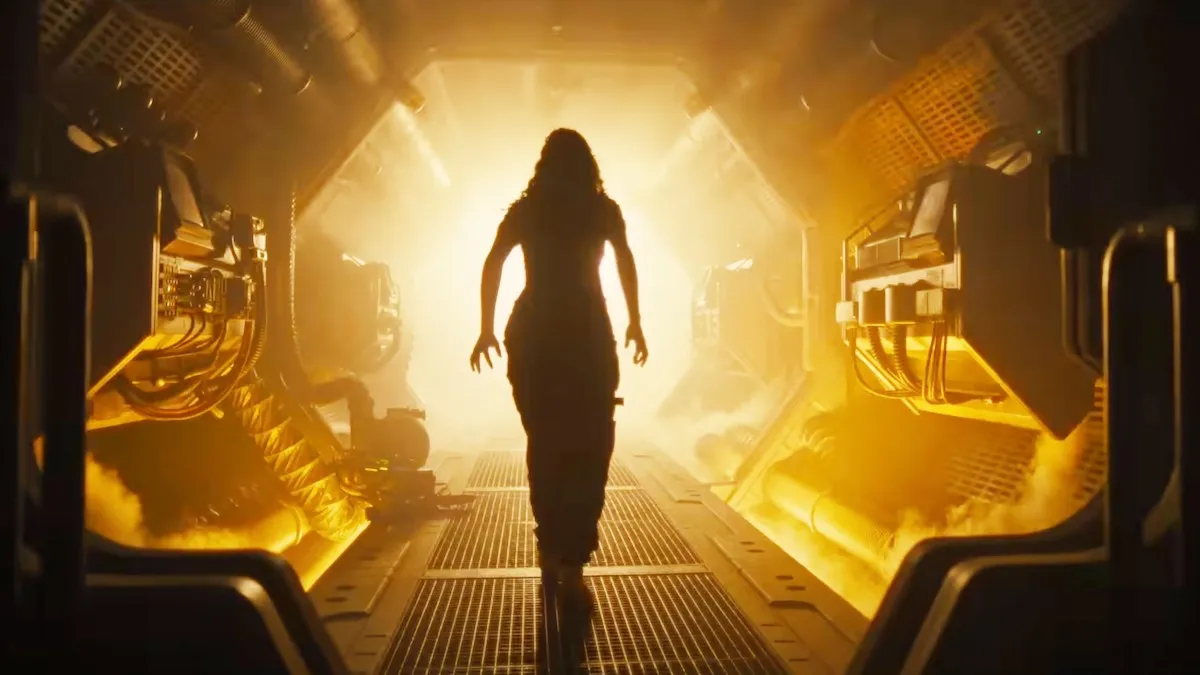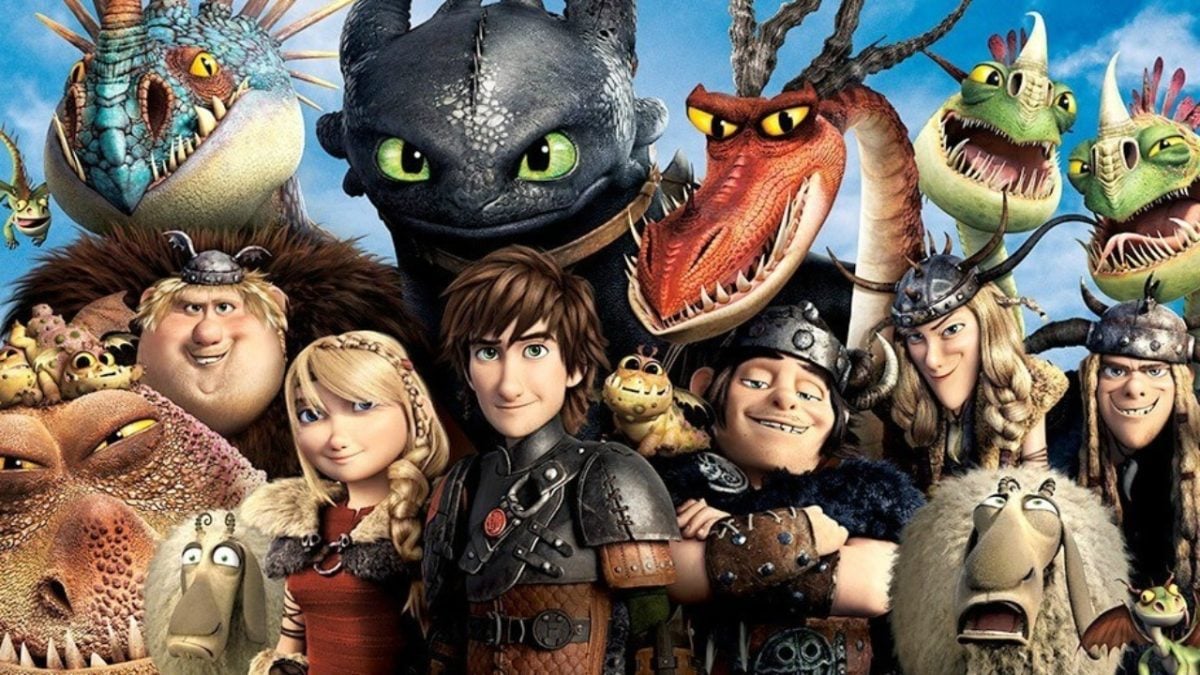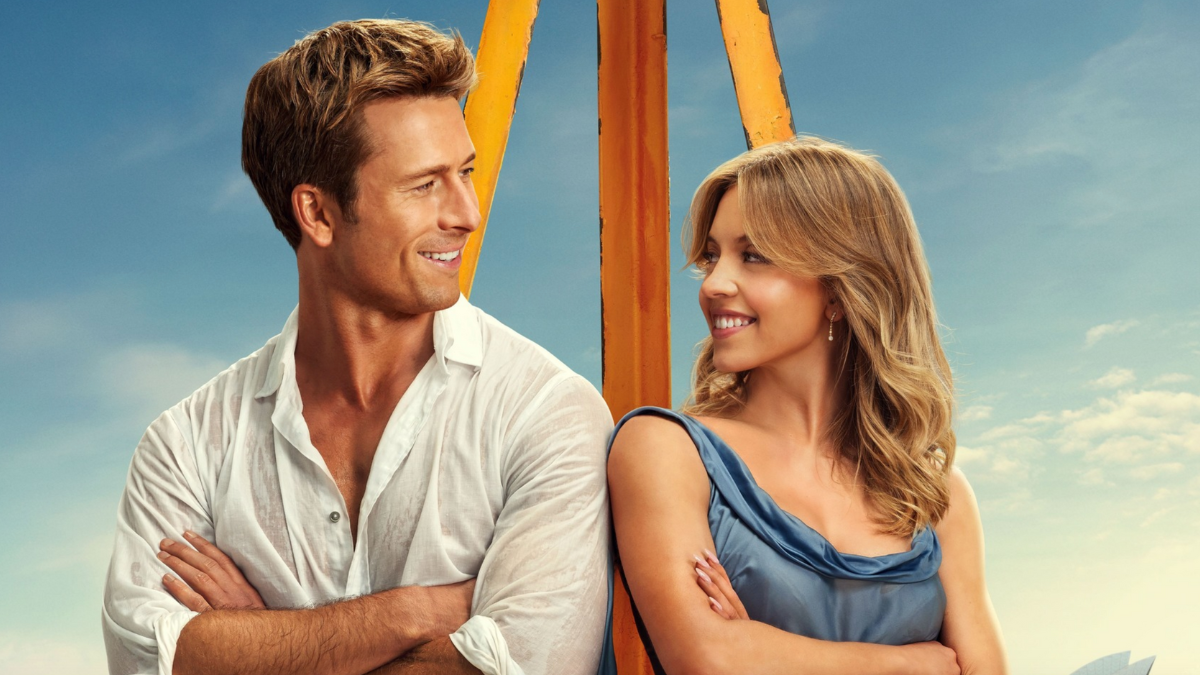
James Mangold’s The Wolverine is the first X-Men movie I can heartily recommend without any major reservations.
Given the sheer magnitude of this series in modern popular culture, I am surprised to see myself writing those words, but when I look back at everything the film franchised has produced thus far, I see myself frequently on the edge of satisfaction, without ever once going all the way over. The original Bryan Singer films are good, X2 in particular, but every time I revisit them, I find they hold up less and less; they were absolutely revolutionary for their time, and no one can deny the iconic excellence of the ensemble, but Singer’s movies are uneven and overstuffed, and that only becomes more obvious with the more terrific superhero films we have now to compare them to.
But The Last Stand is, of course, where the real trouble started. I like more parts of that film than most viewers seem to, but it in no way works as a cohesive whole, and the X-Men Origins: Wolverine movie is even worse. Much worse. It was a prequel nobody ever asked for, needed, or wanted, and that more or less seemed to be the entire attitude behind its lazy, insipid creation. The film remains one of the very worst I have ever seen for review, and it is amazing the X-Men earth was not completely, irrevocably salted as a result of its existence. On the contrary, Matthew Vaughn’s First Class film was easily the best in the series so far, because its central arc had true, powerful emotional weight, brought to life with a style a little unlike anything else in modern comic-book filmmaking. Yet even that film has major holes, overburdened like its predecessors with dud D-list mutants – including the entirety of the eponymous young team – and Kevin Bacon’s villain being only intermittently effective.
With The Wolverine, however, I feel overwhelmingly positive, in ways I have never felt about an X-Men film until now. That is not to say the film is without its problems, as The Wolverine could certainly stand to be a tad more polished in several areas, particularly where the third act is concerned. But for the first time in the history of this series, the negatives seem exceedingly minor, because this is the first X-Men film with a lazer-sharp, truly meaningful focus, a remarkably strong character-specific spine that extends on down to every single positive attribute the film has to offer. As the title suggests, this is not just a character study for one of the world’s most popular superheroes, but the character study, a film intent on cutting straight to the heart of who and what the Wolverine is, and one that does so with absolutely remarkable insight and precision.
The film is shockingly intimate, opening (after an introductory flashback) with a long, delicately paced sequence that could stand on its own as a tremendous Wolverine short film. Years have passed since the end of The Last Stand, and Logan is haunted by memories of the deceased Jean Grey (reprised here, as a recurring vision in Logan’s mind, by Famke Janssen, doing her best work in the series to date). He lives in a cave in the woods and has given up on the world, and what amazes me about this opening – a simple yet profound little story about how Logan deals with a group of unruly hunters – is how much we glean about the core of his character by observing the way he reacts to this single situation. The writing is beautifully understated, and before the actual plot of the movie gets under way, more is said about the sad, angry, and emotionally confused core of this character than the entire Origins movie – or much of the original trilogy, for that matter – ever hinted at.
It is clear that Mangold and company mean to take this character seriously, and to present him with challenges that will test him in meaningful and revealing ways. Hence the main story, which sees Wolverine summoned to Japan by an old friend, Yashida, whom Logan saved when the atomic bomb was dropped at Nagasaki. Yashida has become a wildly successful businessman, but he is now on his deathbed, and wishes to show his gratitude towards Logan with an offer. Yashida understands that eternal life has become an increasingly difficult burden for Logan to bear, and he has found a way to take away Logan’s mutant immortality, thus allowing the Wolverine to die.
Death is one of the film’s major themes, as Wolverine realizes, when faced with Yashida’s offer, that he has been living without purpose for a long while now. Yashida compares him to a Ronin, a Samurai without a master, and for the rest of the film, Logan grapples with this basic dilemma. Is it better to live a Ronin, wandering without purpose, or to die and find a semblance of peace? Is there a middle ground between these two points? Can Wolverine transcend to the level of a ‘samurai,’ and does he need to in order to feel whole? These are deeply introspective issues the film probes, and the overall tone and atmosphere befits them. Until the climax, this is a relatively quiet superhero film, one in which much less time is spent on action than on watching characters talk about what they are thinking and feeling. The film feels like a serious, adult drama, where issues raised and themes touched upon are treated thoughtfully through genuine, small-scale character interaction.
In fact, ‘small-scale’ is one of the first words that comes to mind when discussing the film, and that is part of what I love about it. With the exception of the climax, Mangold never overreaches; the story, action, and narrative development are all in service of the themes and character work, and even when the scale becomes big near the end, it is only grand to a limited extent. This is not a story about saving the world, but about the title character and those in his immediate orbit. The main action sees Wolverine tasked with protecting Yashida’s daughter, Mariko, who has been targeted by the Yakuza, and while none of the story beats can be accused of originality, it is all simple and focused in a way I find immensely satisfying. Mariko is a great, surprisingly complex character who complements Logan well, and having this relatively low-key goal to strive for – one built entirely around basic human communication and connection – allows Wolverine to reassess his life and the audience to gain an impossibly deeper, richer understanding of who he is.

This is easily the most intimate blockbuster of 2013 so far, and that is not something, quite frankly, I would ever have expected from an X-Men movie, even one focused on a single character. The Origins prequel was actually the worst offender of overstuffing and underdeveloping in the entire franchise, but every film in the series has struggled to hone in on whatever the emotional or thematic core is, constantly being sidetracked by extraneous characters or subplots. The Wolverine is a major course correction; not only is it narratively and emotionally streamlined to impressively disciplined degrees, but unlike other X-Men filmmakers, Mangold resists the urge to introduce a new mutant every three minutes, and it makes all the difference in the world. We do see other mutants than Wolverine over the course of the film, but only a few; there are no one-off cameos, while the ones we do get matter greatly, their powers serving as organic extensions of their characters.
Take, for example, my favorite character in the film, Yukio, played by Rila Fukushima. A personal assistant to Yashida, Yukio has the burdensome power of being able to see into the future – but only to glimpse the eventual deaths of those around her. That is an interesting idea, but unlike most of the mutants over the course of this series, Yukio’s characterization does not stop there. She is bursting with dimension and personality before we ever learn of her ‘gift’ – Fukushima’s chemistry with Hugh Jackman is off the charts – and when it does become important, it becomes genuinely important, an essential part of the film’s thematic tapestry and Wolverine’s specific character arc. That is what I want to see from the X-Men films – not just a random assortment of cool powers trotted out over the course of two hours, but vivid and compelling characters whose mutant elements serve the plot and themes as much as they do the set pieces. The Wolverine is a pretty terrific course correction in that regard, even if it only features a small number of mutants, and I hope future X-Men filmmakers – Bryan Singer included on Days of Future Past – take notice.
The human characters are pretty great too; even if many of them are on paper little more than archetypes, the cast is uniformly terrific at lending weight to their parts, and it helps greatly that Mangold lets his Japanese cast members perform Japanese-style acting – at once both more vocally exaggerated and emotionally understated than Western audiences may be used to – rather than conforming to Hollywood performance notions. But the most important supporting cast member is Tao Okamoto as the aforementioned Mariko, and she proves to be a thoroughly impressive find. I think the character needed another pass in the scripting phase, if only to provide her with a stronger introduction – given her ultimate importance, she seems entirely unessential in her first appearance – but Okamoto plays her extremely effectively, dueting with Jackman on the heaviest emotional material of the film.
And Jackman himself is, of course, spectacular, as he always has been. I think Jackman gets less critical recognition for what he brings to this series than Robert Downey Jr. does for what he brings to Iron Man, if only because Jackman has so often been underserved by the material, but I absolutely would put Jackman and Downey on par in terms of actors who have completely owned and defined a superhero character as uniquely their own. Jackman is more engaged than ever here with material that is finally up to his level, and the work he does in illustrating Logan’s underlying pain and quietly transformative arc is remarkable. The character was largely defanged in the Origins film, but here, he feels truly dangerous once again, and those moments of purely animalistic fury are where Jackman seems to dig in deepest. I cannot imagine how Fox would ever move forward with the character were Jackman to ever leave the part, so thoroughly has he ingrained himself in the role, and that is more true now than ever before.
On a technical level, The Wolverine is one of the more impressive films of the year so far, even though Mangold’s work is not ‘flashy’ in ways that will likely get the film much attention. Nevertheless, his staging of action is exquisite, clear and coherent and expertly choreographed at all times, constantly making great use of Wolverine’s unique abilities (it is especially fun when he gets to fight men with Samurai swords). The cinematography by Amir Mokri is really quite nice, and I love how Mangold’s frames are rich with detail, but never crowded or claustrophobic in the way most American films shot at the anamorphic ratio (2.40:1) tend to be. Even in blockbusters I have loved this year, like Iron Man 3 or Furious 6, it is abundantly clear most directors who shoot a big-budget widescreen movie have had the frame dimensions thrust upon them, rather than choosing the shape of the image organically. It is natural for filmmakers to favor height over width, especially in simple human close-ups, and when you do that in an extremely wide frame, it looks bad – that is not what the anamorphic lens was invented to capture. The Wolverine is not overly unique in its approach to shooting, but it has all the basics of how to shoot a widescreen movie (and how to frame widescreen action along a horizontal, not vertical, axis) down pat, and that, for me at least, is a breath of fresh air.
But most impressive is Mangold’s use of the Japanese setting, which really is a wonder to behold. Setting is an interesting point to consider in modern filmmaking, as mainstream movies are becoming increasingly nondescript in where they stage their action, but for The Wolverine, Japan matters, and it matters on every conceivable level. Mangold’s location shooting captures a very specific cultural and aesthetic atmosphere, and it is clear the movie could not have been shot anywhere else in the world. Nor could this specific story be told anywhere else in the world, because its themes, ideas, and style of action are directly informed by Japanese culture. As a lover and scholar of Japanese film, The Wolverine is a very special pleasure to me, but I think even those uninterested in Japan will appreciate how much the film uses its setting to offer something audiences have not seen dozens of times over.
Until, that is, the point at which it doesn’t. I think viewers will have various complaints with the film’s third act, which is big, convoluted, and overtly comic-book-y in ways the rest of the film is not, but in all honesty, my only major complaint with the climax is that it is set in an interior space that is completely nondescript. It is not distinctly Japanese, American, or anything other than a typical action-movie set, and one that is mostly uninspired at that. For a movie that spends so much time embracing its unique setting to the fullest extent, that is a minor disappointment.
But not one that tarnishes, in any way, my overall enthusiasm for the film as a whole. I went into The Wolverine cautiously optimistic but mostly apathetic, resigning myself to at least partial disappointment on the entire X-Men film series, but I left with a restored faith in what this franchise has to offer. Everything clicks this time around, with even the post-credits scene providing a gloriously intense shock to the system (and miraculously topping every single Marvel Studios tag in the process). The Wolverine not only delivers the definitive take on one of modern pop culture’s most enduring protagonists, but proves there is life left indeed in the X-Men on film, life that should be sustainable – providing the lessons learned here continue into the future – for years (and sequels) to come.
[springboard type=”video” id=”740903″ player=”wgtc007″ width=”600″ height=”350″ ]

